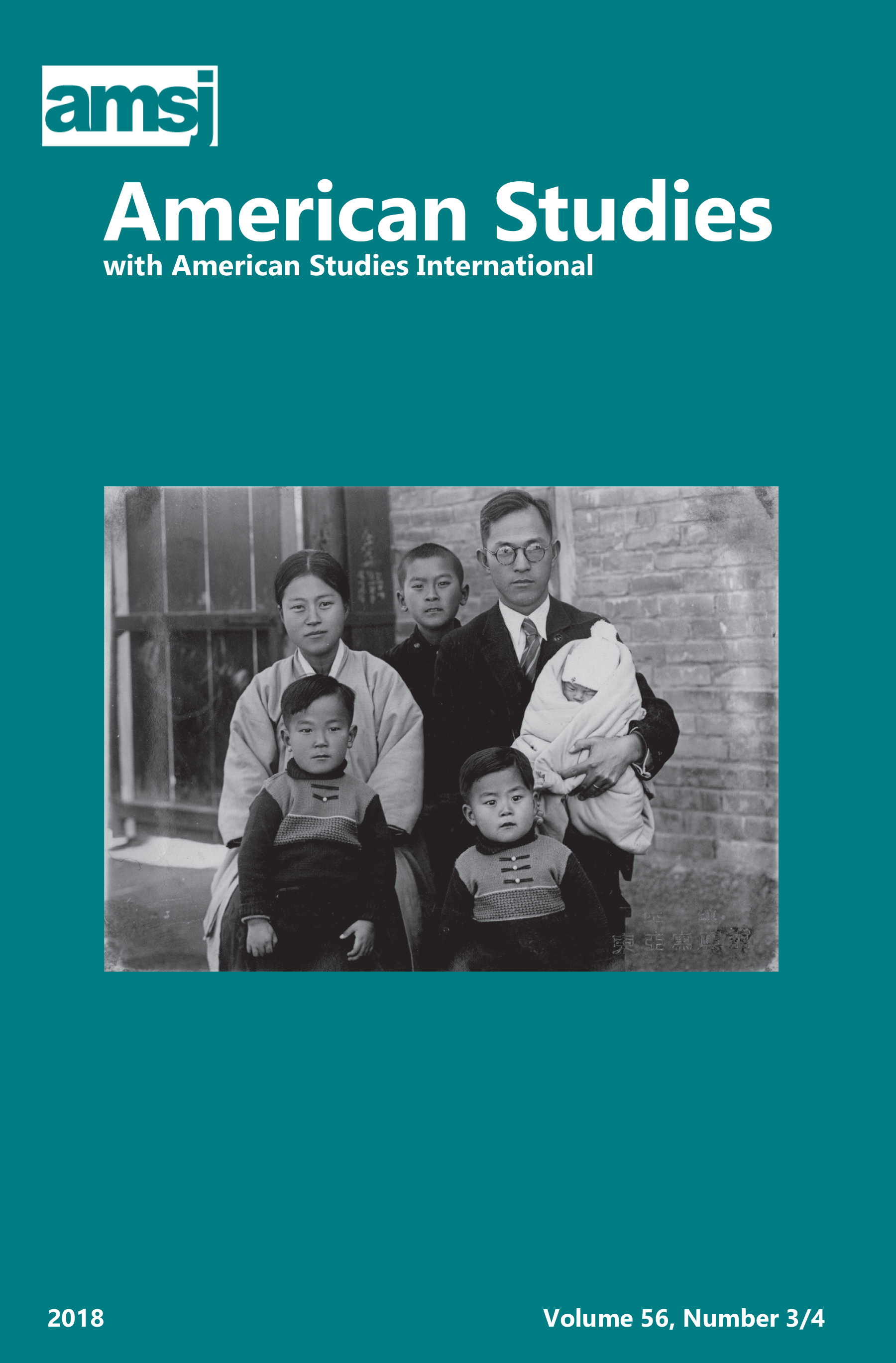Abstract
In this article, I focus on a body of home films affiliated with Reverend Shungnak “Luke” Kim, the spiritual leader of the Korean Presbyterian Church (1938-1958), a significant institution in Los Angeles’ Korean community during the first half of the twentieth century. Encompassing an array of images, ranging from intimate portraits of family life to depictions of overseas missionary work, the Reverend’s visual archive is as vast as it is fragmented. Specifically, the films gesture to the ways in which Korean diasporans occupied contradictory subject-positions during the early-to-mid twentieth century: existing at the intersection of Japanese colonialism, U.S. racialized exclusion, and Cold War politics, Koreans were violently subjected to state modes of violence, even as they became enmeshed within U.S. imperial logics in Asia.
This article draws upon the Reverend’s footage to complicate existing interpretations of the home film as a preserved artifact reproducing counter-narratives of subaltern opposition. Instead, by mobilizing a differentiated or “slow” reading practice, the Reverend’s films are conceptualized as shifting sites of cultural difference that gesture to the grey zones of imperial life. Consequently, polarized logics, such as colonized/colonizer, good/evil, and dominant/oppressed are unhinged, as a horizon of other (im)possibilities — what was or could have been— is imagined. In that sense, the Reverend’s films do not visualize a singular history sutured to the immediacy of the surface; rather, they attend to a condensation of socialities, potentialities, and conflicting allegiances that exceed normative articulations of the domesticated self, official citizenship, and national belonging.
All items © Mid-America American Studies Association
Authors: If you prefer to remove your text(s) from this database please contact the editor.

